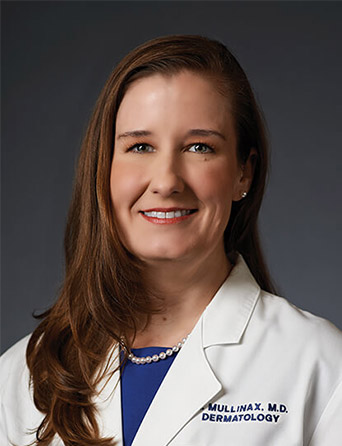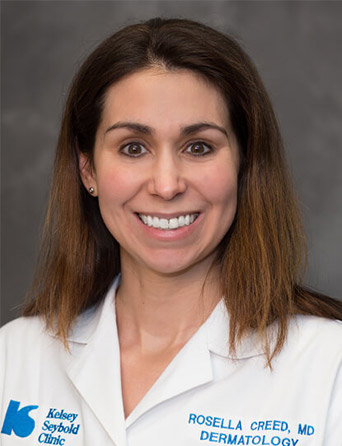Join Our eNewsletter!
Subscribe to our monthly newsletter to receive encouraging advice to help you lead a healthy lifestyle.

Vaccination Can Reduce Risk of Shingles
Shingles, also known as herpes-zoster virus – the same virus that causes chickenpox – is a blistering, often painful skin rash.
“Anyone who has had chickenpox can get shingles,” says Anita Mehta, MD, Chief of Dermatology at Kelsey-Seybold Clinic.
“Once someone has had chickenpox, the virus may live dormant in their nervous system,” she explains. “Under certain circumstances, the virus may reactivate and cause shingles.”
Dr. Mehta says vaccines that can significantly reduce the risk of getting shingles have been approved and are available.
“I recommend the shingles vaccine for individuals 60 and older,” she says, since the condition commonly occurs in people over 60, with the risk often increasing with advancing age, although it can affect younger people, also.
Although it can occur anywhere on the body, shingles usually appears as a single stripe of painful blisters wrapping around either the right side or left side of the torso.
Contact your doctor promptly if you suspect shingles, especially if:
- The pain or rash occurs near an eye.
- You're 60 or older, which increases your risk of complications.
- You have a weakened immune system.
Dr. Mehta says that even if you have had shingles, you can still receive the shingles vaccine to help prevent future occurrences.
“This is a one-time vaccination that can easily be administered in a doctor’s office. But, as it’s not for everyone, talk with your primary care physician about whether the shingles vaccine is right for you,” concludes Dr. Mehta.
Meet Our Team
Our Dermatology specialists provide services for women, men, and children at several Kelsey-Seybold Clinic locations throughout the Houston area, so you’re never far from getting treatment for your skincare issues.








